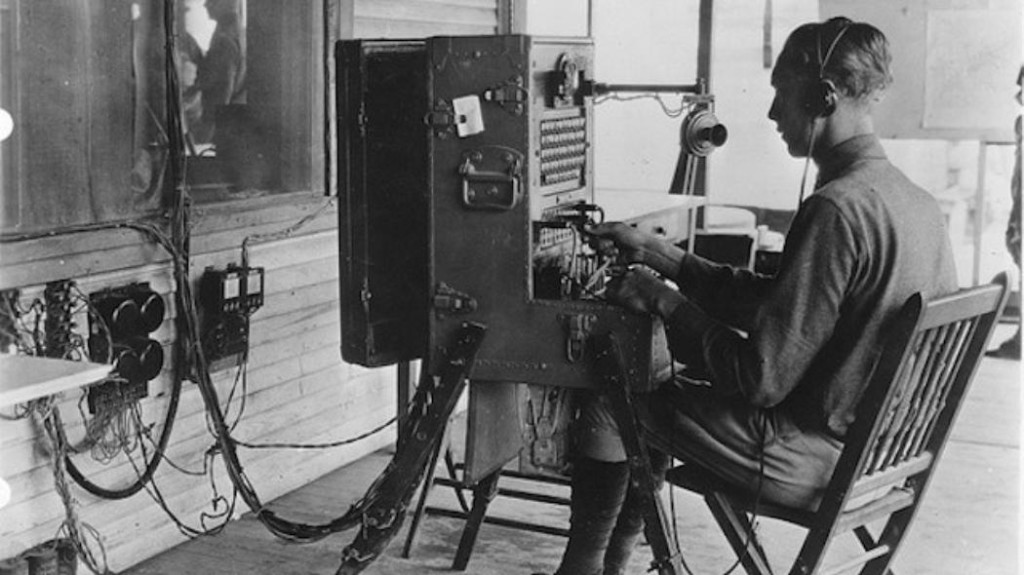Gordon vs. Geiger (Child Custody) (Nev. Supreme Ct. – Sep. 27, 2017)
In this case, the Supreme Court of Nevada examined a district court’s sua sponte order permanently increasing visitation with the parties’ minor children. The district court based its order on unrecorded interviews the judge conducted independently with the children and an unsubstantiated Child Protective Services (CPS) report that was not admitted into evidence. The Court took this opportunity to provide guidance for when the district court wants to interview a child witness.
Gordon and Geiger divorced in 2011. Pursuant to their divorce decree, both were awarded joint legal custody of their two minor children; Gordon was awarded primary physical custody, and Geiger received limited visitation.
In 2011, before the district court entered the decree of divorce, the judge interviewed the parties’ children with the children’s guardian ad litem present. A return hearing immediately followed. Pursuant to the court minutes from the return hearing, the court ordered that Gordon’s boyfriend was not to physically discipline the children in any way. The district court never entered a written order on this issue.
In early 2014, the district court entered a written order modifying Geiger’s visitation to every other weekend. Subsequently in July, Geiger was arrested and incarcerated for 23 days due to an outstanding warrant for parole violations. Gordon then filed a motion for an order to show cause, alleging that Geiger violated court orders concerning custody and child support. Based on Geiger’s parole violation, among other reasons, Gordon also filed a separate motion to modify custody, which requested sole legal and physical custody, and removal of Geiger’s visitation.
Continue reading “How must a court conduct an interview of a child witness?”



